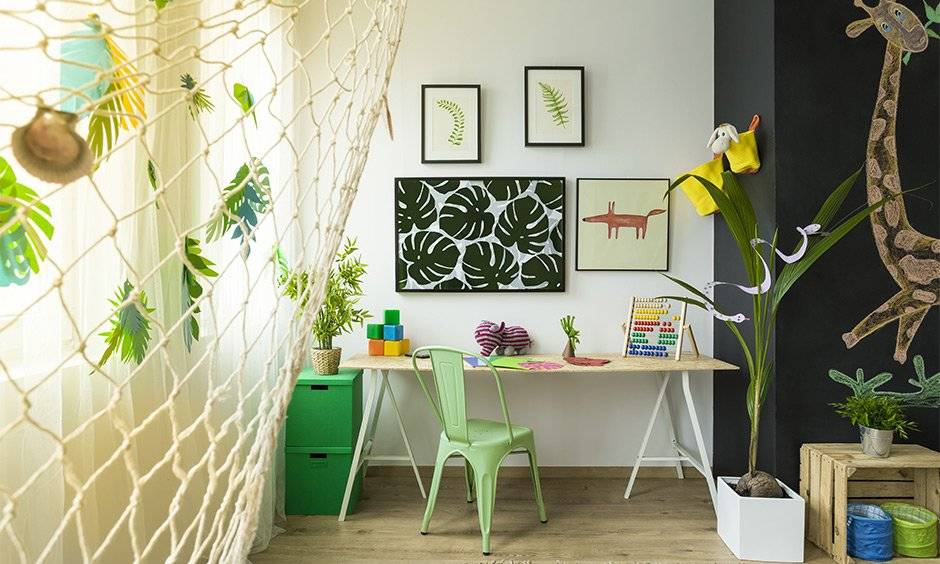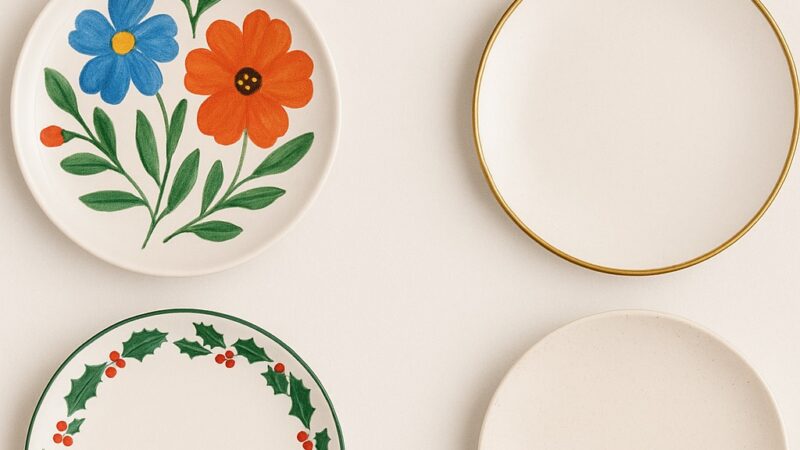Study Room Decoration: Transform Your Study Space

When it comes to creating an environment conducive to learning or working, the decoration of your study room plays a crucial role. A well-designed study room can enhance focus, increase productivity, and create an atmosphere that fosters creativity. Whether you’re a student preparing for exams, a professional working from home, or someone who enjoys reading and research, the right study room decoration can make all the difference.
Why Study Room Decoration Matters
Decorating your study room isn’t just about making it look aesthetically pleasing – it’s about creating an environment that supports your specific needs. When you’re surrounded by the right ambiance, it can positively influence your mood, creativity, and even efficiency. Here’s why study room decoration matters:
- Boosts Productivity: A clutter-free and well-organized space reduces distractions and helps you focus on your work or study tasks.
- Promotes Comfort: When you feel comfortable in your study space, you are more likely to spend long hours studying or working without feeling stressed or fatigued.
- Creates Inspiration: Personal touches and thoughtful decoration can inspire you to engage more fully with your tasks.
- Improves Organization: A well-decorated study room comes with better storage solutions, which leads to better organization of your books, stationery, and work-related materials.
By focusing on the design and decoration of your study room, you can create a space that encourages concentration, boosts creativity, and increases your overall performance.
Key Elements of a Well-Decorated Study Room
Now, let’s delve into the essential components that should be considered when decorating your study room. These elements combine both functional and aesthetic features to create an inviting and productive space.
1. Furniture Selection: Comfort and Functionality
The furniture you choose for your study room will set the tone for the space. It’s important to select pieces that offer both comfort and functionality.
- Study Desk: Your desk is the centerpiece of your study room. Choose a desk that is spacious enough to hold your laptop, books, stationery, and other essential items. A cluttered desk can lead to distractions, so make sure the desk has storage space such as drawers or shelves to help keep things organized.
- Ergonomic Chair: Since you’ll be spending hours at your desk, comfort is key. An ergonomic chair with adjustable height and back support will help reduce strain on your back and neck.
- Bookshelves: Invest in bookshelves or wall-mounted shelves to keep your books, files, and reference materials neatly organized. This will reduce clutter and make your study area appear tidier.
2. Lighting: Brightness for Clear Focus
Good lighting is essential in any study room. Poor lighting can lead to eye strain and headaches, making it difficult to focus on your work. A combination of natural light and artificial lighting is ideal.
- Natural Light: If possible, position your desk near a window to take advantage of natural light. Natural light has been shown to improve mood and productivity.
- Task Lighting: A desk lamp with adjustable brightness is essential for focused work. Choose a lamp that provides soft, non-glaring light to reduce eye fatigue.
- Ambient Lighting: For a calming atmosphere, incorporate ambient lighting, such as LED strips or floor lamps, that gently light up the entire room.
3. Color Scheme: Create the Right Atmosphere
The colors you use in your study room can have a significant impact on your mood and productivity. Studies show that certain colors can enhance focus, creativity, and relaxation.
- Neutral Tones: Soft colors like beige, light gray, or off-white create a calm and neutral environment, which is ideal for focus.
- Blue and Green: These colors are known to reduce stress and promote calmness, making them excellent choices for a study room.
- Yellow: A bright and cheerful color, yellow can help stimulate creativity and energy, making it a great choice for brainstorming areas or creative workspaces.
- Avoid Overstimulation: While accent colors are great, avoid using overly bright or bold colors that may be distracting in large quantities, such as bright red or neon colors.
4. Organization and Storage: A Clutter-Free Workspace
A cluttered study room can quickly become overwhelming and reduce your ability to focus. Organizing your study space is crucial for maintaining productivity.
- Use Storage Bins: Keep your stationery, papers, and supplies organized with bins, baskets, and drawers. Label the containers so you can easily access what you need without making a mess.
- Wall Organizers: Consider installing corkboards, whiteboards, or pegboards on the walls to keep track of deadlines, to-do lists, or important notes.
- Cable Management: Tidy up cables from your laptop, charger, or any electronic devices with cable organizers. This will create a neat and organized environment that is more conducive to concentration.
5. Personalization: Add Your Own Touch
Adding personal touches to your study room will help make the space feel more comfortable and inviting. Personalization doesn’t mean cluttering the space but rather creating a space that reflects your personality and style.
- Artwork: Hang motivational posters, artwork, or inspirational quotes to keep you motivated. Choose art that resonates with you or reflects the vibe you want in the space.
- Indoor Plants: Plants can help purify the air and add a touch of nature to your study room. Succulents, snake plants, or pothos are great options for low-maintenance indoor plants.
- Decorative Accessories: Add some small decorative elements, like a stylish clock, a unique lamp, or elegant desk accessories, to make the room feel cozy and functional.
Study Room Decoration Ideas for Small Spaces
If you’re working with a smaller space, you can still create an effective and stylish study room. Here are some ideas to make the most out of limited space:
- Wall-Mounted Desks: If space is tight, consider a wall-mounted desk that can fold away when not in use, allowing you to maximize the available floor space.
- Compact Furniture: Choose minimalist furniture that doesn’t take up too much space but still provides all the necessary functions.
- Vertical Storage: Use vertical space for storage by installing shelves high up on the walls to store books, supplies, or personal items.
Additional Tips for Study Room Decoration
To help you create the perfect study room, here are a few more tips to consider:
- Avoid Distractions: Keep your study room free from distractions. Limit electronic devices like TV or phones that can interrupt your focus.
- Comfortable Temperature: Make sure the room is well-ventilated and has a comfortable temperature to keep you alert and focused.
- Sound Control: If noise is an issue, consider using noise-canceling headphones or adding soft textiles like rugs and curtains to absorb sound.
Recommendation
Baby Shower Decoration at Home: Creative Ideas and Tips
Simple Birthday Decoration at Home: Easy Ideas for a Memorable Celebration
Cruise Door Decoration Ideas: Creative Ways to Personalize Your Cruise Experience
Office Decoration Ideas: Transform Your Workspace
DIY Birthday Decor Ideas: Creative and Budget-Friendly Decorations
20+ Christmas Door Decoration Ideas
Valentine’s Day Decor: Transform Your Space with Love and Romance
Dopamine Decor Ideas And Items For Making Your House Joyful
Best Eye Catching Floating Shelves Ideas For Your House
25+ Stylish Bedroom Shelving Ideas
Conclusion
In conclusion, study room decoration is more than just about making your space look good; it’s about creating a functional, comfortable, and inspiring environment that supports your productivity and creativity. Whether you’re a student, professional, or someone working from home, a thoughtfully decorated study room can help you achieve your goals with ease and comfort.
By incorporating key elements such as ergonomic furniture, proper lighting, a calming color scheme, and effective organization, you can transform your study room into a place where you not only feel motivated but also enjoy spending time. Remember, small touches like artwork, plants, and personalized décor can also go a long way in making your study space feel truly your own.
FAQs
Q: How can I decorate my study room?
A: Keep your study room organized with a functional desk, comfortable chair, and good lighting. Use shelves or storage boxes for books and supplies. Add motivating wall art, indoor plants, and decorative stationery for a personalized touch. A simple yet cozy setup will make the space more productive and inviting.
Q: Which picture is good for study room?
A: According to Vastu, a horse painting is a great choice for a study room. A painting of galloping horses represents success, strength, and progress. It is believed to bring positive energy, helping with focus and smooth business growth. Placing such a painting in the study room can inspire motivation and achievement.
Q: How do I light my study room?
A: Place a desk lamp or floor lamp with strong task lighting, preferably at least 450 lumens, to help you focus better. Research from the University of Michigan suggests that proper lighting can boost concentration and reduce mistakes. For best results, use cool white LED bulbs (4000-5000K) in your lamps and ceiling lights. This will create a bright and effective study or work environment.
Q: Which colour is lucky for study room?
A: According to Vastu, study rooms should have bright or light colors like white, yellow, light green, baby blue, sky blue, or light orange. These shades help create a positive and creative atmosphere. While vibrant colors can make the space look lively, it’s best to use them sparingly, as too much brightness may affect focus and concentration.






